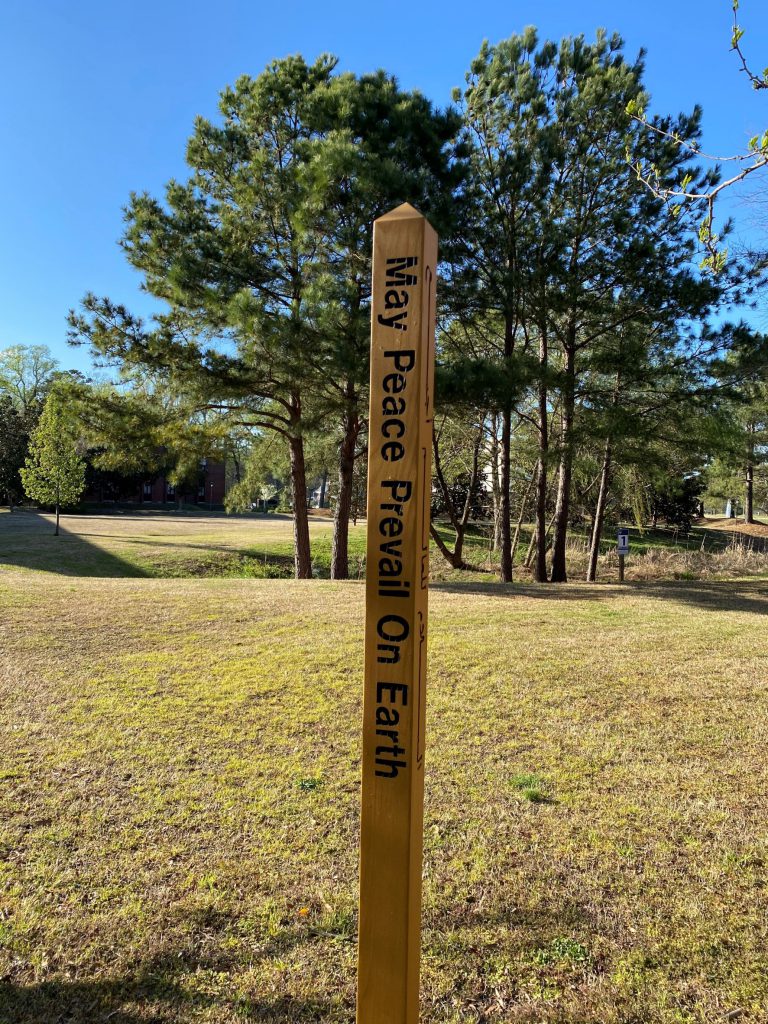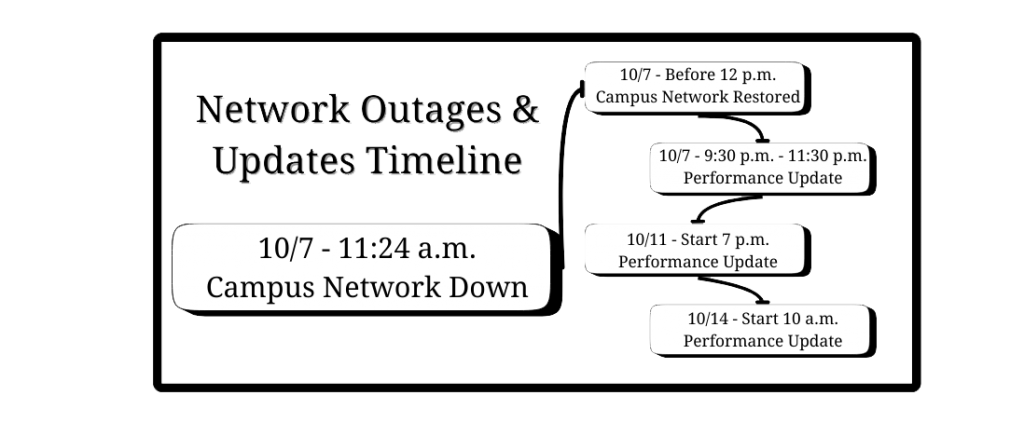Democrat Ralph Northam will serve as Virginia’s 73rd governor after defeating Republican Ed Gillespie in the race for governor on Nov. 7. Voters chose Northam 54 percent to 45 percent over Gillespie, this was just a portion of the overall Democratic victory among statewide offices, including Lieutenant Governor and Attorney General. Prior to the final tally of polls, the proposed winner was inconclusive among counties statewide.
“I am glad that we all have the opportunity to vote. I am a big proponent voting in every election – federal, state, local – every time you can. The more involved and engaged you are as a citizen the more accurately our government and elected officials can represent everyone’s perspectives,” SGA President Nich Hipple said.
Democrat Justin Fairfax was elected as lieutenant governor over Republican state senator Jill Vogel, making Fairfax the first African American elected to a statewide office since L. Douglas Wilder in 1989. Democratic Attorney General Mark Herring was re-elected over Republican challenger John Adams. Along with Northam, Fairfax, and Herring, Democrats were able to acquire at least 14 seats in the House of Delegates, including the first transgender candidate, a Latina member, and Virginia Wesleyan’s own Kelly Fowler.
“Kelly Fowler, a graduate of Virginia Wesleyan, pulled off an impressive victory, and gained a lot of national attention. A lot of the women that ran for the House of Delegates and this is true for a lot of challengers did not necessarily have political experience. […] Kelly Fowler has this story that says you know I [Fowler] was concerned about the direction of the country, I want to protect the environment. So I [Fowler] ran,” said Leslie Caughell, assistant professor of political science, chair of the political science department and chair of the international studies program.
Voter turnout among Democratic supporters was at an ultimate high for this election with the intent to gain control over the House of Delegates.
“The more urban an area, is the more you want cities to work and that takes a stronger government but, in the rural areas you’re more independent, you’re not as interconnected and therefor it’s a different stance,” Communication Professor Kathy Merlock Jackson said.
According to the Washington Post, Northam’s victory was primarily influenced by white college-educated women and voters who strongly disapprove of President Trump. Primarily, citizens in Norfolk favored Northam over Gillespie; potentially due to the fact that Northam is currently a resident of Norfolk and began practicing pediatric neurology at Children’s Hospital of the King’s Daughters in Norfolk.
“White, educated women, particularly white married women, tend to vote Republican. And we see some of this women that we would usually find in the Republican camp voting Democratic. And there’s a real question on whether or not this reflects a realignment both among individuals of higher level of education, in particular among women who voted higher rates of men, or kind of party identification. We won’t know until a few election cycles,” Caughell said.
Jackson also had a perspective on women voters in Virginia.
“One of his stances was just to be a supporter of healthcare in Virginia and education in Virginia and I think those are issues that women are very close to,” Jackson said.
Hipple offered a student perspective on the election of Northam and how it will impact the VWU community.
“Wesleyan is pushing to increase our online presence and our online programs. The MBA program is predominantly online, and the more online programs we have, the better we can cater to students who maybe can’t move to Hampton Roads. The more we expand programs like that, the more we will be able to better the college,” Hipple said.
Northam offers an extensive list of propositions and standpoints regarding the higher-educational system in Virginia. The following are part of Northam’s proposed plans for higher education: affordability, continued support of HBCU’s, and increased access to affordable online learning. The integration of Northam’s proposal strikes at a conceivable time for Virginia Wesleyan University with the addition of completing Master’s and Bachelor’s programs online.
“I think Virginia Wesleyan probably is well situated to participate in part because we are developing the sorts of online programs that allow people the sort of flexibility in terms of higher education,” Caughell said.
Furthermore, Jackson highlights the cohesiveness of the Greer Environmental Science Center with Northam’s propositions.
“He clearly understands science as a doctor and he accepts climate change. We just built the Greer Environmental Science Center and obviously we are fostering that field of study. We want to make sure our students get good jobs and, anything that Ralph Northam can do to ensure those jobs in Virginia and elsewhere will be good for the college and good for our students,” Jackson said.
The elections in both Virginia and New Jersey were viewed nationwide. Both elections were proposed to be a judgement on President Trump and the impact of his presidency among states that were borderline Republican in previous years.
“I think most of the polling data that is coming out now is more people were motivated to vote. In part because of the political environment we are living in now. And the vote for Northam was kind of a vote against the President,” Caughell said.
Amanda Archer
acarcher@vwu.edu


